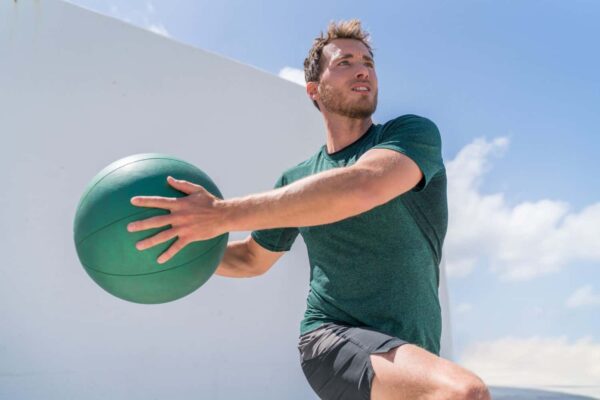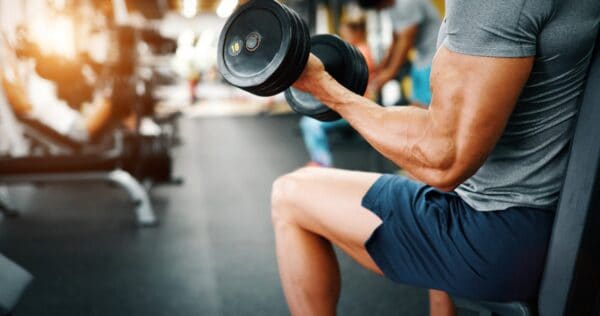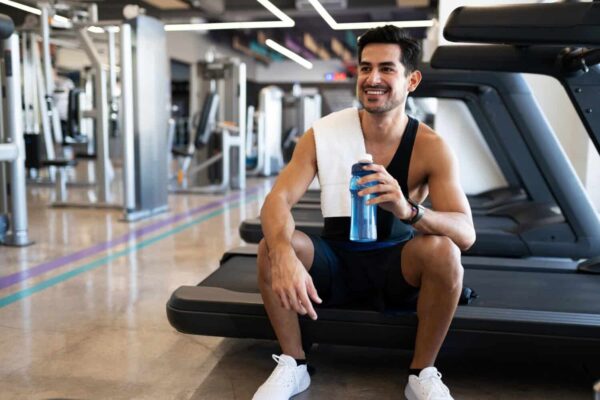
Sports & School Physicals
Participation in sports is not only a fun and rewarding way to stay active but also provides numerous health benefits. To ensure the safety and well-being of athletes, many schools, sports organizations, and recreational leagues require participants to undergo sports physicals before they can hit the field, court, or track.
Sports physicals are an essential step in promoting the overall health of athletes and preventing potential injuries. In this article, we will explore what sports physicals are, why they are important, and what to expect during the examination.
What Are Sports Physicals?
Sports physicals, also known as pre-participation physical examinations (PPE), are medical checkups specifically designed to assess an athlete’s overall health and fitness for participating in sports activities. They serve as a comprehensive evaluation to determine if an individual is physically capable of engaging in a specific sport without significant health risks.
The Importance of Sports Physicals:
- Identifying Pre-existing Conditions: Sports physicals help identify any pre-existing medical conditions that may pose a risk during sports participation. Some conditions, such as heart issues, asthma, or musculoskeletal problems, might not be apparent during regular day-to-day activities but can become problematic during sports.
- Injury Prevention: Through sports physicals, medical professionals can identify potential injury risks and recommend strategies to prevent them. Proper guidance and advice on injury prevention can significantly reduce the likelihood of accidents on the field.
- Monitoring Growth and Development: For younger athletes, sports physicals are crucial in monitoring growth and development. Doctors can track any issues related to growth spurts, maturation, or potential growth plate injuries, which can be particularly important during adolescence.
- Promoting Healthy Habits: Sports physicals provide an opportunity for healthcare professionals to educate athletes about healthy lifestyle habits, proper nutrition, hydration, and adequate rest, which are all crucial for optimal sports performance.
- Ensuring Fair Competition: Sports physicals help create a level playing field by ensuring that all athletes are assessed based on their individual health and abilities. This ensures fair competition and reduces the risk of athletes being at a disadvantage due to undetected health issues.
What to Expect During a Sports Physical:
A typical sports physical involves two main components:
- Medical History: The healthcare provider will ask the athlete and their parent or guardian about their medical history, including past illnesses, surgeries, allergies, medications, and family medical history. It is essential to provide accurate and thorough information to help the doctor make informed decisions about the athlete’s health.
- Physical Examination: The physical examination will cover various aspects, such as:
- Vital Signs: Blood pressure, heart rate, and respiratory rate will be measured to ensure they are within a healthy range.
- Vision and Hearing: Vision and hearing tests are often included to assess the athlete’s sensory abilities.
- Musculoskeletal Evaluation: The doctor will examine the athlete’s muscles, joints, and flexibility to detect any issues that could affect sports performance.
- Cardiovascular Assessment: The healthcare provider may use a stethoscope to listen to the heart and lungs to check for any abnormalities.
- Neurological Examination: Basic neurological tests might be performed to assess the athlete’s reflexes and coordination.
In conclusion
Sports physicals play a vital role in ensuring the safety and well-being of athletes across all age groups. By identifying potential health issues and providing valuable guidance on injury prevention and healthy habits, sports physicals contribute to a positive and rewarding sports experience. Athletes should undergo sports physicals well before the start of a sports season to allow sufficient time for any necessary follow-up care or treatment.
Remember, sports physicals are not just a formality but a critical step in promoting lifelong physical health and a successful sports journey.









